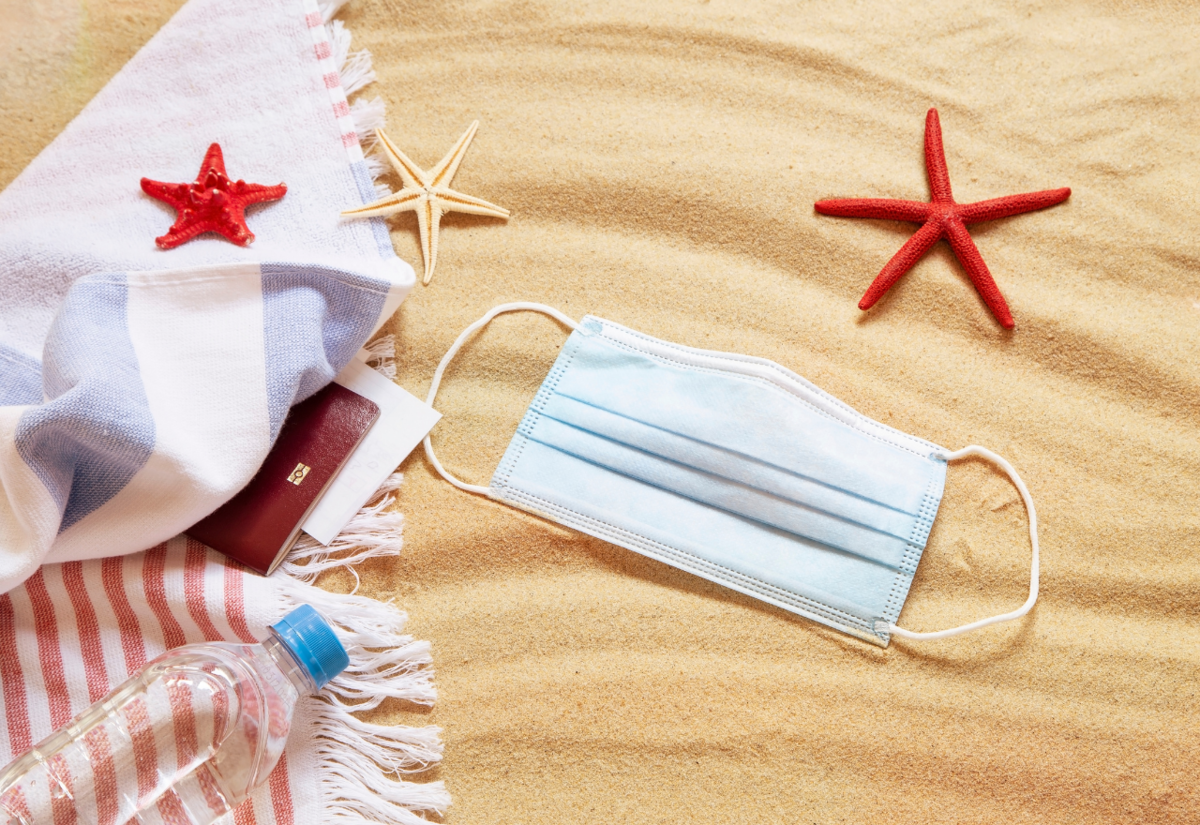Low vaccination rates in regions delay urban travellers
Oliver Brown
16 October 2021, 8:51 PM
 November 1 will be the next major date for NSW, bringing with it the return of urban and international travelers without fear of quarantine.
November 1 will be the next major date for NSW, bringing with it the return of urban and international travelers without fear of quarantine.The state government has announced on Friday that travel between Greater Sydney and regional NSW will be delayed until November to give rural communities more time to achieve a higher vaccination rate.
Deputy Premier Paul Toole broke the news while speaking with 2GB's Ben Fordham on the morning of Friday 15 October.
He later said many areas had done a "brilliant job" of getting vaccinated in such a short period of time but it was important to have high vaccination rates across the board.
“We have looked at the health modelling and listened to feedback from regional communities who want more time to get their double dose vaccination rates up as high as possible before they welcome back visitors,” Mr Toole said.
“We know businesses in regional NSW were getting ready to welcome people back, but it’s important we get this right so that we can have greater confidence the vaccines will do their job – and that when we re-open travel to the regions, they can remain open and that businesses have continued support in the meantime. We thank people for their patience.”
According to Mr Toole, by 1 November, it is expected that more than 77 per cent of regional LGAs will be fully vaccinated.
The overall NSW population is expected to hit 80 per cent fully vaccinated this weekend, allowing for additional freedoms for fully-vaccinated residents as part of the government's COVID-19 roadmap.
Among the new freedoms, which Premier Dominic Perrottet said will come into effect from Monday 18 October, are more visitors allowed to visit homes, the return of community sport and being allowed to stand up at the pub with drinks.
In addition, the Premier also confirmed Monday 1 November will also mark the end of state-mandated quarantine requirements for overseas travellers who have been confirmed to be fully vaccinated with a TGA-approved vaccine.
"We have reached this vaccination milestone quicker than anyone thought we could, and that is a testament to the hard work of people across the State turning out to get vaccinated,” Mr Perrottet said.
“Welcoming back fully vaccinated travellers will not only mean families and friends can be home in time for Christmas, it will also give our economy a major boost.”
Regional health officials continue to maintain that when residents from Greater Sydney and nearby LGAs are allowed to travel to the regions, vaccination will remain the best defence against potential COVID cases among them.
Chief Executive of the Western NSW Local Health District Scott McLachlan said communities in his region had done exceptionally well when it came to local vaccination rates but there was still work to do.
"Vaccination is still our best defence - it is stopping people from picking up COVID and definitely stopping people getting really crook and hospitalised," Mr McLachlan said.
"It's also been great to see so many 12-15 year old kids getting vaccinated, which is a crucial age group - I believe around 60 per cent across the state have now had their first dose.
"All of our efforts at the moment are in the vulnerable parts of our community - people we know who have really struggled to get to some of the walk-in or drive-through clinics to a GP or other services.
"This includes people who have been homeless, people who don't have transport, particularly the ones who live on the fringe of our bigger cities and communities."
Mr McLachlan also said there are still multiple opportunities for vaccination across the district, including ADF pop-up vaccination clinics, GPs, pharmacies, local AMS clinics and respiratory clinics.
According to the government, NSW residents will still need to comply with COVID-Safe check-ins and provide proof of vaccination to staff in most settings.
They said more restrictions will be relaxed on 1 December, including relaxing the density rules to one person per 2sqm and extending the freedoms to include all NSW residents, regardless of their vaccination status.